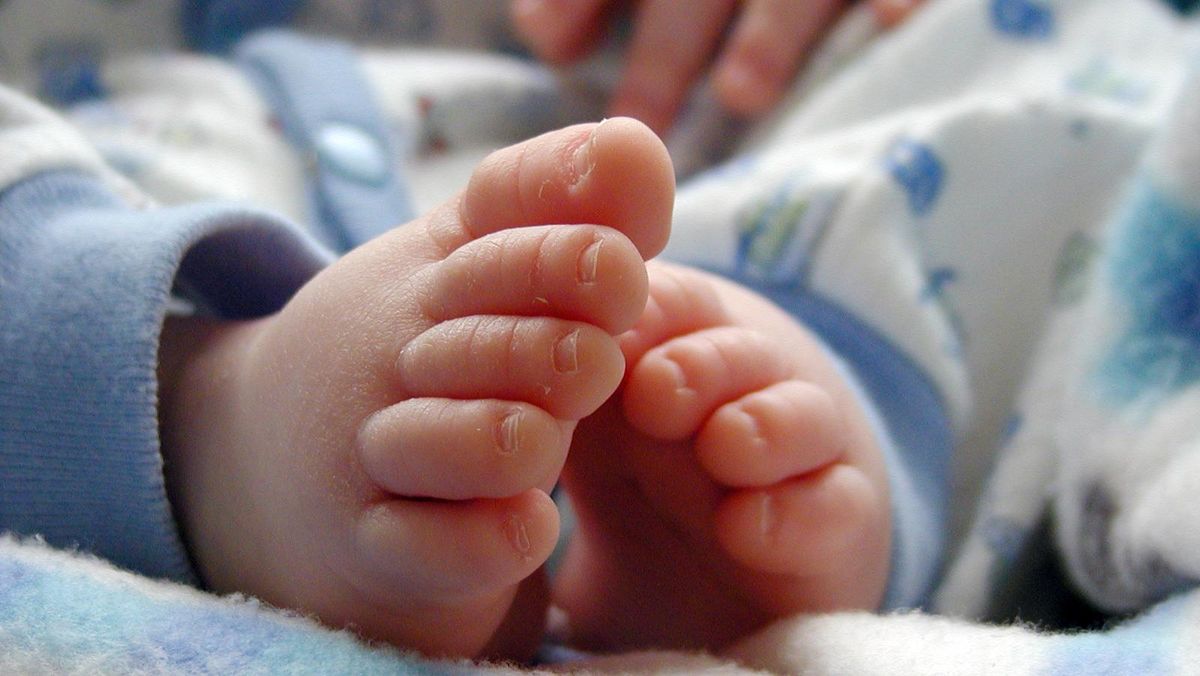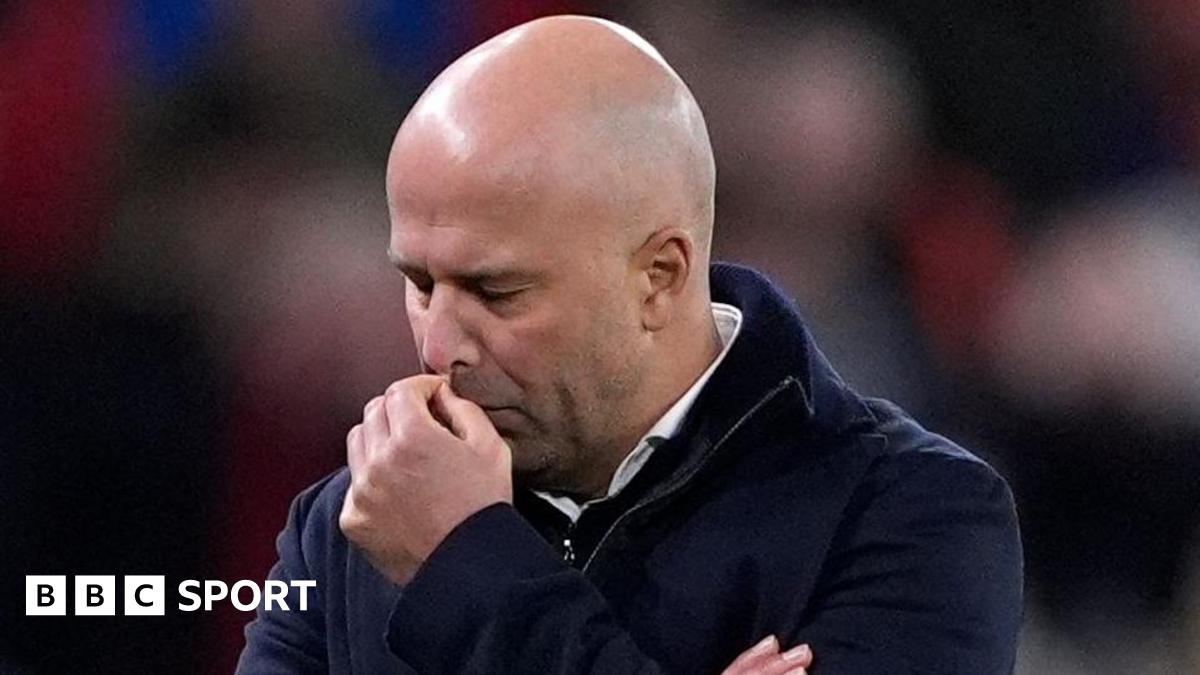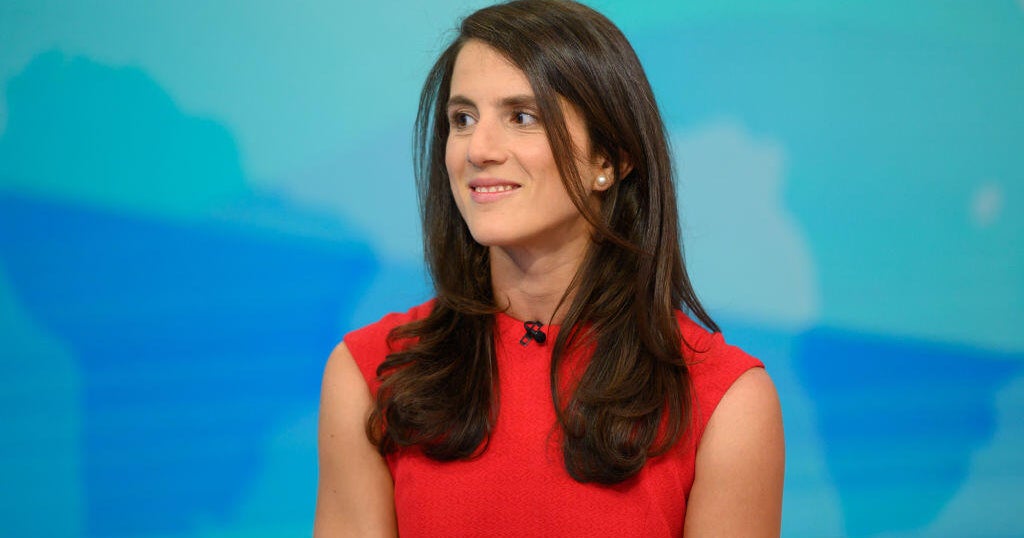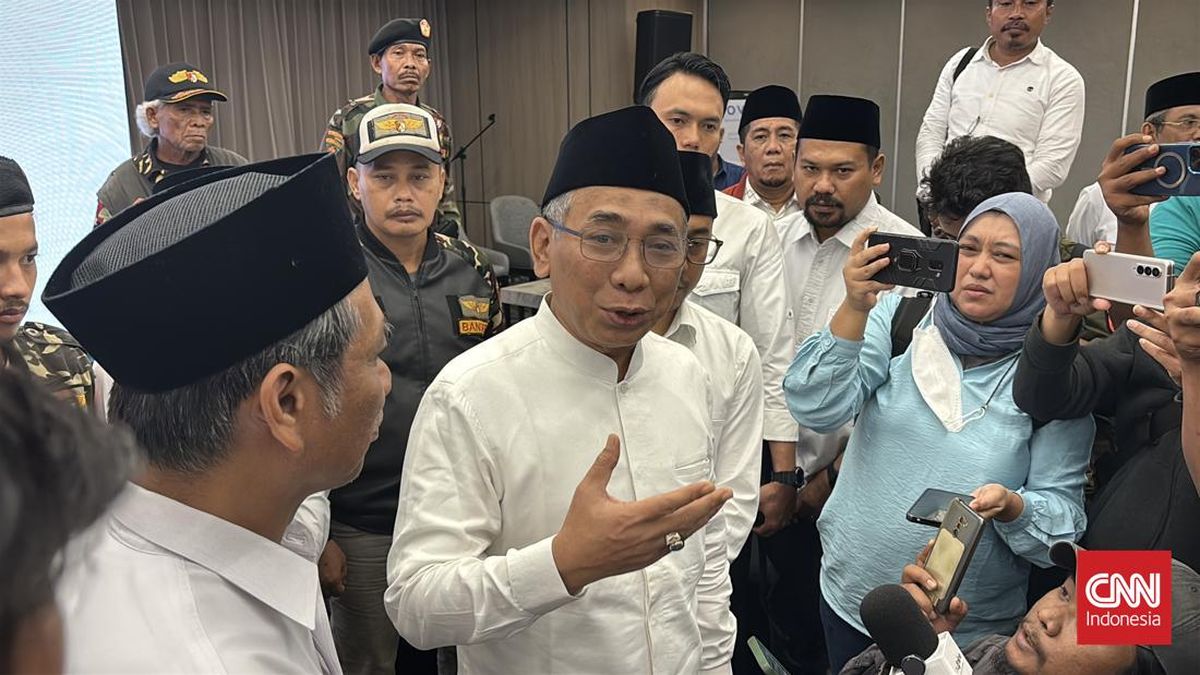The lawyer, who represented the accused, said the warning – including for staff not to discuss the case publicly – delayed the trial by months.
Loading
Staff at both Affinity and G8 have spoken of a culture of silence that discourages workers from reporting concerns early.
An email obtained by this masthead shows G8 previously told staff that speaking to the media or discussing the company on social media “will be taken seriously and may result in disciplinary action”, after an ABC investigation revealed previous safety concerns across the sector in March.
Affinity’s own internal policies warn staff not to speak to anyone external, including the press, without consulting the company’s lawyers first.
Meanwhile, step three of its reportable conduct policy – before notifying police of allegations involving a child – is determining if the situation constitutes a crisis that could attract media attention or parent complaints.
“And even then, they tell staff to pass it onto a special team who will decide whether to report it,” says former Affinity manager Cheyanne Carter.
“That’s not how it works. We’re all mandatory reporters. And managers are on the hook if nothing gets done.
“I’ve seen many court cases where a child has died or been abused, and it was the centre manager coming out of that courtroom with the conviction. The company just got a slap on the wrist.”
Carter now consults and advocates for improved child safety standards across the sector, saying understaffing was often at the heart of concerns, leaving children in vulnerable situations.
“It’s a culture of cover-ups,” said another Affinity educator, who was recently injured at a childcare centre in NSW and is now on stress leave. “The Brown thing is not a conspiracy – it’s their kneejerk reaction to hand over as little as they can.”
But an Affinity spokeswoman said: “On the contrary, Affinity has a robust reporting culture.”
She said the company “treats all safety incidents at our centres extremely seriously”.
Self-reporting was encouraged, she said, through a “see something, say something” mantra.
Days after the Brown revelations, in unrelated cases, two Affinity employees were charged with child abuse in NSW and Queensland. A four-year-old girl attending Milestones Early Learning Tingalpa in south-east Queensland self-reported an incident leading to the arrest of 21-year-old worker Nicolas James Parisi, who has been charged with the indecent treatment of a child.
Loading
Families were left in the dark about the arrest of Parisi. Many learnt about it from the waiting media pack at afternoon pick-up. The company later released a brief statement online.
A mother, who asked not to be identified because her children had recently attended the centre, said parents were forced to plead for answers on a StoryPark post, seen by this masthead. She said Affinity would not even tell parents how long Parisi worked there.
“We’re trying to figure out whether he worked when our eldest was there – whether we need to ask [our son] anything,” she said. “At least explain to parents why you’re being silent. Otherwise, it makes it seem like there are more kids involved.”
Affinity said it immediately reported the matter to police and stood down Parisi, but that communications with families had to be managed by authorities. Like Brown, Parisi also had a valid working with children check at the time of his arrest.
Loading
One NSW educator said her daughter was enrolled at an Affinity centre, but she quickly took her out because she routinely found her child unattended, with no educator in the room, as the centre was so short-staffed.
“There’s actually no law saying you can’t be alone with a baby or a child,” Carter said. “And the big ones like Affinity find loopholes to get around the ratio requirements.
“If it’s not a regulatory requirement, managers will do what they have to for their budgets. Half the Affinity centres don’t have lock-boxes for phones for example, I’ve been told, even though they’ve trumpeted it in the media.
“It happens all the time, the cover-ups,” said Carter. “It’s a toxic culture. They make you feel like you’ll never get a job again.”
But Affinity said it had “a surplus of staffing … consistently meeting and often exceeding the government’s educator-to-child ratio requirements across all our centres”.

“It is completely unacceptable … for a child-focused institution – or really any institution in the modern era – to put the protection of the institution over child safety”: Professor Leah Bromfield.Credit: Alex Ellinghausen
A spokeswoman said the company had worked hard to lift performance and that more than 90 per cent of its centres were now rated as meeting or exceeding national quality standards.
Neither Affinity nor G8 would say how many of their centres were on department watch lists.
Professor Leah Bromfield, who oversaw research for the royal commission into child sexual abuse, said she was shocked that distressed families had been left with no information on their children’s exposure to alleged child abusers.
“What … is completely unacceptable is for a child-focused institution – or really any institution in the modern era – to put the protection of the institution over child safety,” she said.
Meanwhile, a Victorian childcare worker, who spent almost a decade at G8, said she frequently raised concerns about colleagues over the years, but they largely went unheeded.
“I’ve seen some things I wasn’t OK with,” she said. There would be talks with superiors, but nothing would change, she said.
She eventually left due to burnout, which she said was caused by understaffing.
Similar complaints were heard at a Fair Work hearing last year when a G8 manager said her centre was understaffed and left with no support, affecting staff performance.
G8 did not respond to this masthead’s questions about employees’ concerns, but said: “G8 Education has zero tolerance for any behaviour that compromises the safety or wellbeing of children.”
Kerryann Walsh, an expert in the prevention of violence against children and an eSafety adviser, said there were major gaps in how staff are trained.
“The prioritising of reputation over children needs to be addressed head-on … It is a missed opportunity when education and training consists only of a set of PowerPoint slides that is clicked through without the need to engage deeply in the subject matter.”
Sam Vale, a director at Windsor Community Children’s Centre, in Melbourne’s inner south-east, said she’d seen many families arrive at the community-run centre after difficult experiences in the private sector.
Child safety was not a luxury, she said.
“It should be the standard.”
Start the day with a summary of the day’s most important and interesting stories, analysis and insights. Sign up for our Morning Edition newsletter.


















































